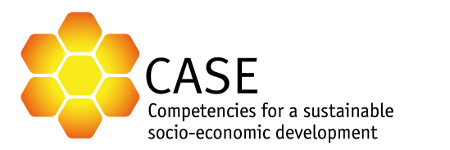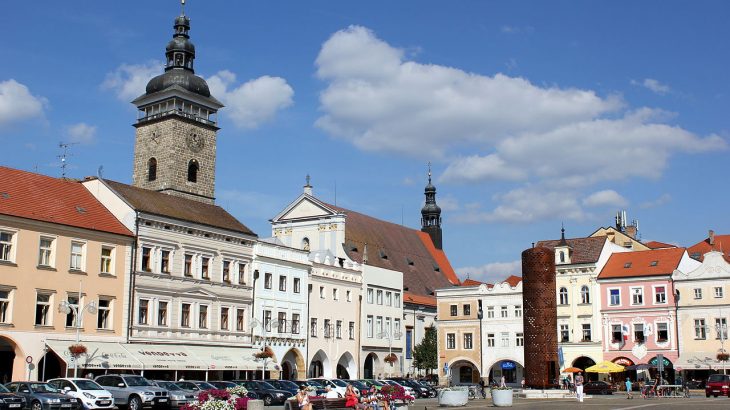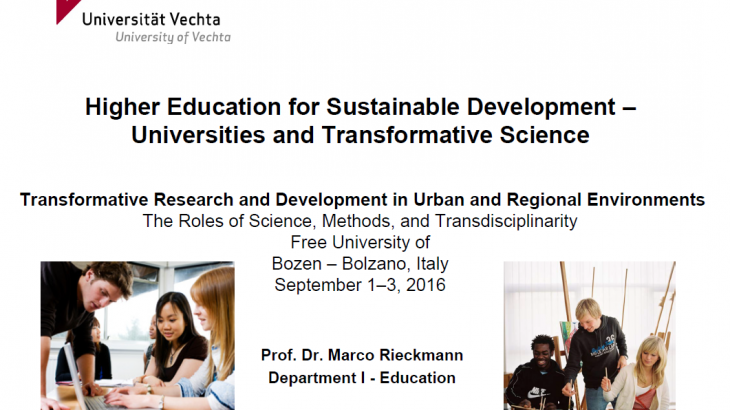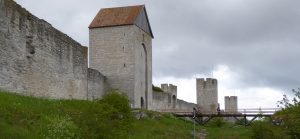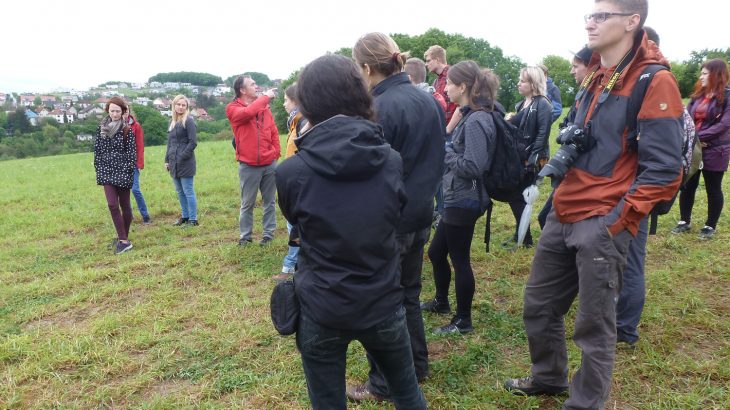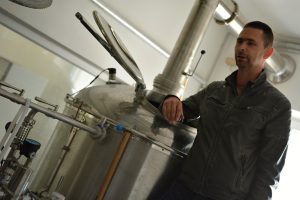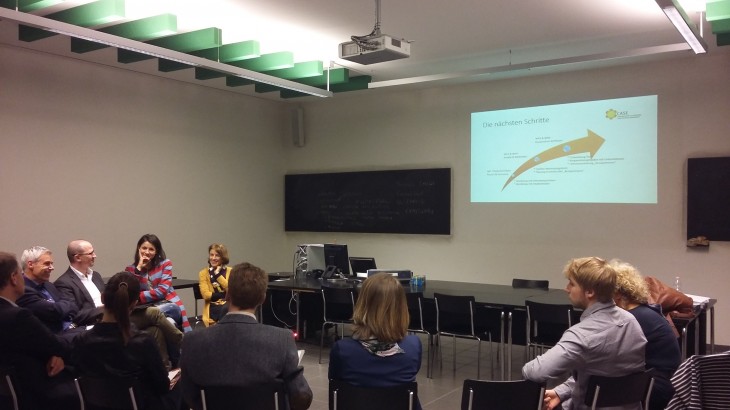Evaluation and quality assurance are important parts of the CASE project. On 15 and 16 September 2016, the results of the CASE evaluation and quality assurance analysis were presented by Jan Činčera, CASE team member from Masaryk University Brno, at the 24th Annual Conference of the Czech Association of Educational Research in České Budějovice, Czech Republic.
In his presentation called “Designing New Curricula as a Social Learning Process”, Jan discussed what factors have been important for supporting the learning processes in the CASE consortium. Specifically, the importance of using facilitation strategies, supporting group dynamics, and processing the learning experience were highlighted.
The process of meeting with all the partners and sharing the perspectives on a new Joint Master Program offers a great opportunity for social learning. However, social learning can also be a difficult process when a group needs to invent its own best strategy for communication and cooperation. This is what was focused on in the analysis during the first part of the project in 2015-2016.
Furthermore, it was discussed what implications the CASE experiences may have for other teams designing sustainability-driven curricula at their universities. On the basis of the findings, it was recommended that curriculum designers should not ignore the necessity to create a supportive social environment in which all partners are aware of and share their goals. Group dynamics is a natural part of any cooperation and thus it should be properly facilitated. Last but not least, the processing of the ongoing experience is a crucial element that helps transforming the experience into learning.
